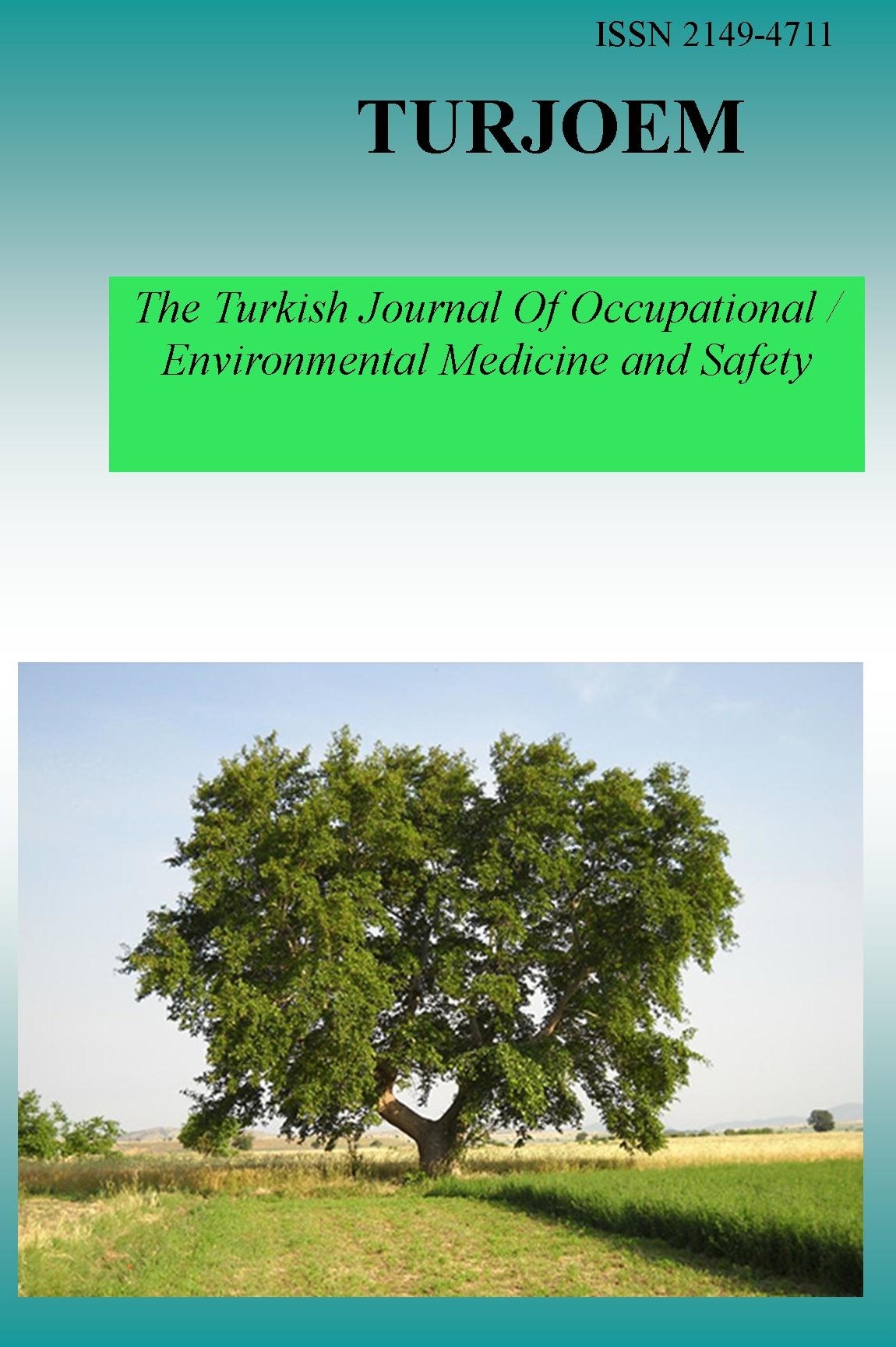GENOTOXIC AND ANTIGENOTOXIC EFFECTS OF CYNARIN AGAINST MITOMYCIN-C INDUCED SISTER CHROMATID EXCHANGES
GENOTOXIC AND ANTIGENOTOXIC EFFECTS OF CYNARIN AGAINST MITOMYCIN-C INDUCED SISTER CHROMATID EXCHANGES
___
- Esra ERIKEL, Deniz YÜZBAŞIOĞLU, Fatma ÜNAL
- Gazi University, Science Faculty, Department of Biology, Genetic Toxicology Laboratory, 06500, Ankara, TURKEY
- ISSN: 2149-4711
- Başlangıç: 2015
- Yayıncı: Engin TUTKUN
TOXICOLOGICAL RISK ASSESSMENT AND PREVENTION - CONTROL MEASURES
Ece Avuloğlu YILMAZ, Deniz YÜZBAŞIOĞLU, Azime Berna ÖZÇELIK, Fatma ÜNAL, Seyhan ERSAN
OPTIMIZATION and VALIDATION of A GC-MS METHOD FOR ANALYSIS of AMPHETAMINES in SYNTHETIC TABLES
SECONDARY DISASTERS AND TOXICOLOGICAL EFFECTS OF FIRE
INTOXICATION RELATED DEATHS IN GAZİANTEP: 2005-2012
Bekir KARAARSLAN, Mustafa ŞEN, Selçuk ÇETİN, Gökhan KARABULUT, Ayşegül BİLEN, Yusuf ATAN, Zekeriya TATAROĞLU
ANTIPSYCHOTIC DRUGS AND THE RISK OF SUDDEN CARDIAC DEATH
Merve DEMIRBUGEN, H. Sinan SÜZEN
THE IMPORTANCE OF MYCOTOXINS IN DAIRY PRODUCTS
Sevcan MAMUR, Deniz YÜZBAŞIOĞLU, Fatma ÜNAL, Kadriye ALTOK, Serpil Müge DEĞER
EVALUATION OF WATER QUALITY THROUGH ARTIFICIAL NEURAL NETWORKS
